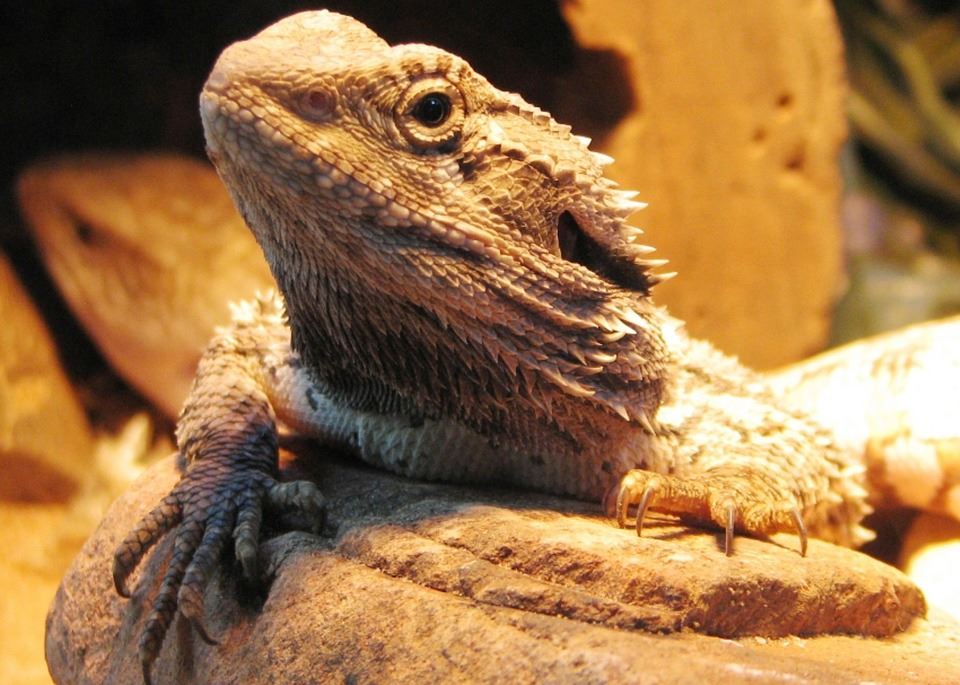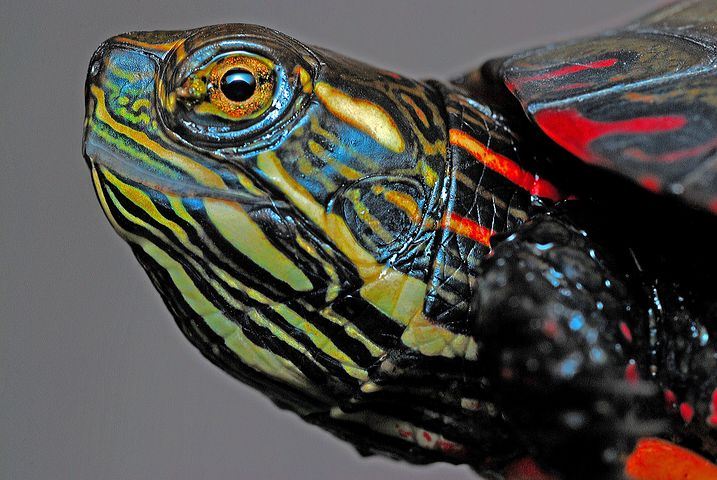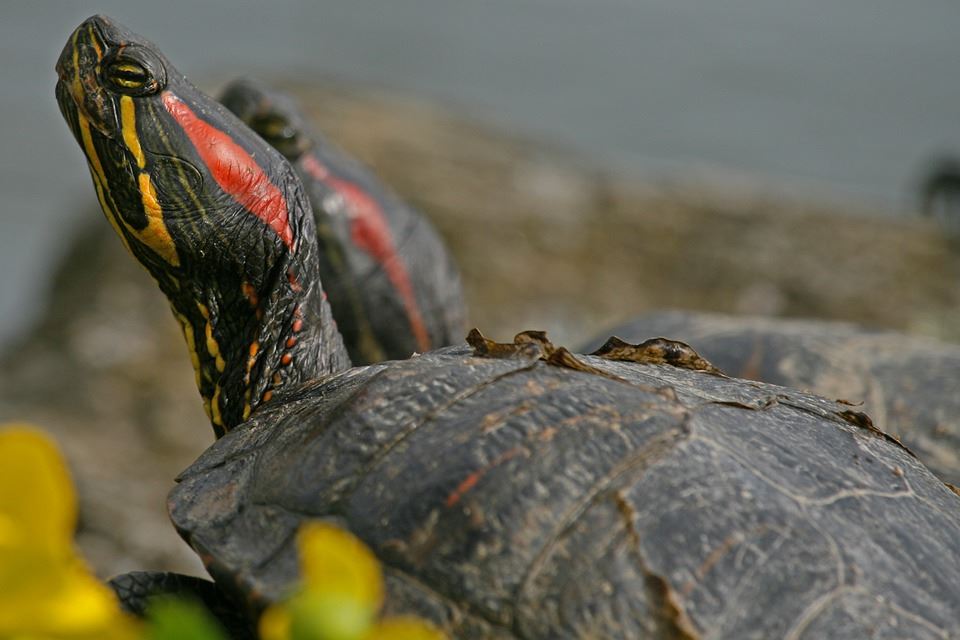TNC Account Log-In |
Injured & Orphaned Reptiles and Amphibians |
|
Have you found a reptile or an amphibian?
The guideline for herps (reptiles and amphibians) care differs from that of other animals. Most herps do not care for their young. Every birth cycle, more offspring are produced than the environment can sustain.
When should you step in?
How to Transport a Rescued Animal to the Wildlife Rehabilitator:
The advice expressed on this page is to be utilized at your own discretion. Laws regarding wildlife may differ between counties.
|
 Bearded Dragon - Non-native Isabelle T Deleski 914-462-0286 Kathleen Jacob 914-500-3273 Diana McKinnon 914-963-7772 Wildlife Rehabilitators in |

 Painted Turtle - Native
Painted Turtle - Native Red Eared Slider - Non-native
Red Eared Slider - Non-native